Have you ever felt like an animal was giving you the side-eye or deliberately ignoring you? You might not be imagining things. Some animals can hold grudges, and they’re not shy about showing their feelings. Whether it’s a squawking bird or a clever mammal, these creatures remember when they’ve been wronged. Here’s a list of animals that have the potential to keep a beef going.
1. Crows
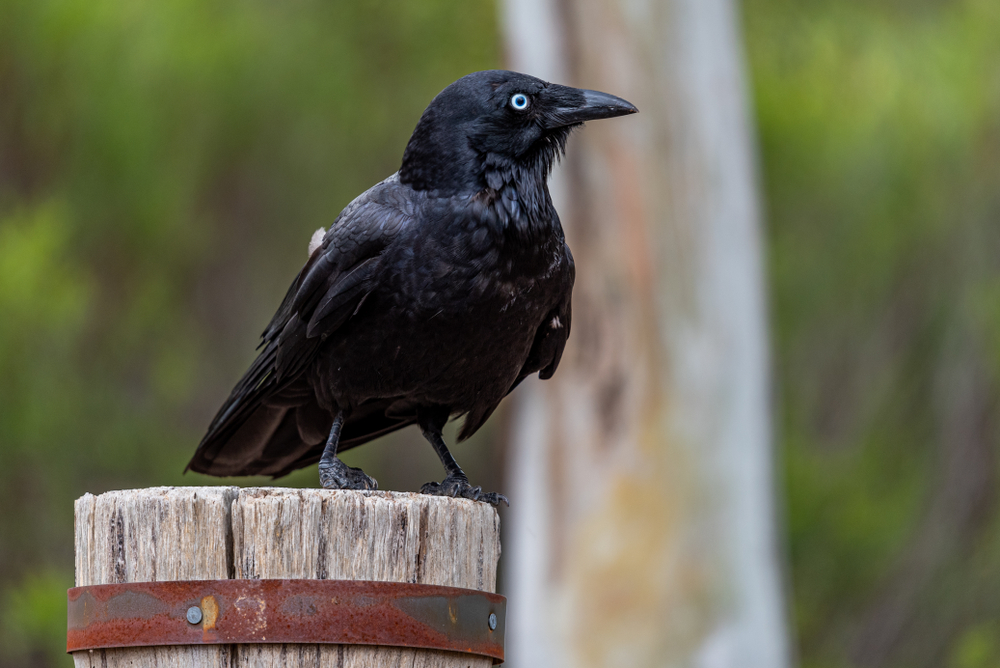
Crows are incredibly intelligent birds that use their smarts to remember specific people. If you’ve ever shooed one away or disrupted its routine, it might just hold it against you. John Marzluff, a wildlife science professor at the University of Washington, conducted a study showing that crows could remember human faces associated with distress and avoid them. They communicate these grudges to other crows through their social networks, effectively labeling particular humans as threats. This means even if you’re nice to a crow’s friend, it might already be too late to change its mind.
When a crow holds a grudge, it won’t be shy about letting you know. They might dive-bomb you, squawk loudly, or just glare at you from a nearby tree. It’s a unique way of keeping people in check, and it works pretty well. So, the next time you see a crow, maybe think twice before disturbing its day. These birds are watching—and remembering.
2. Elephants
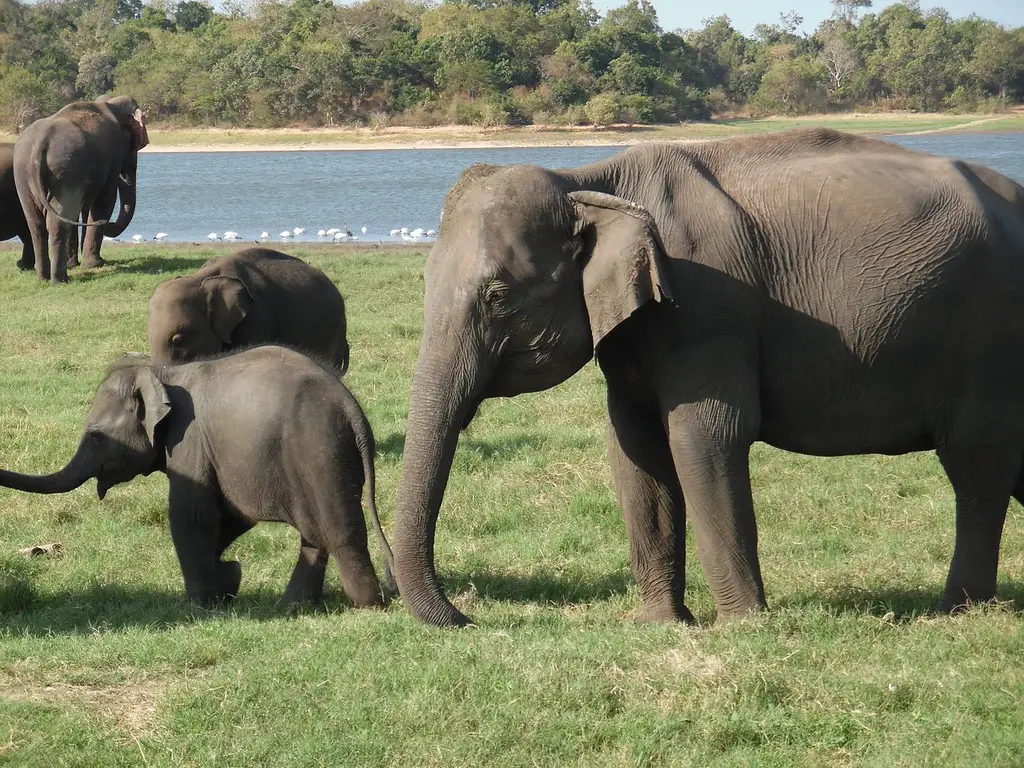
Elephants are well-known for their excellent memories, which is both a gift and a curse. If they perceive a threat, they can hold on to that memory for years. In some cases, they remember specific people or groups that have harmed them and will act aggressively if they encounter these individuals again. This loyalty to their own safety and the safety of their herd makes them both fascinating and a bit intimidating. When you cross paths with an elephant, respect is a two-way street.
Interestingly, elephants can also hold grudges against other animals. If another species poses a danger or disrupts their peace, elephants won’t forget it easily. They may even take preemptive actions to avoid areas known for such disturbances. Their social structure relies heavily on this memory, as it helps in teaching younger elephants about potential threats. So, think of elephants as the guardians of their world, remembering both the good and the bad.
3. Dolphins
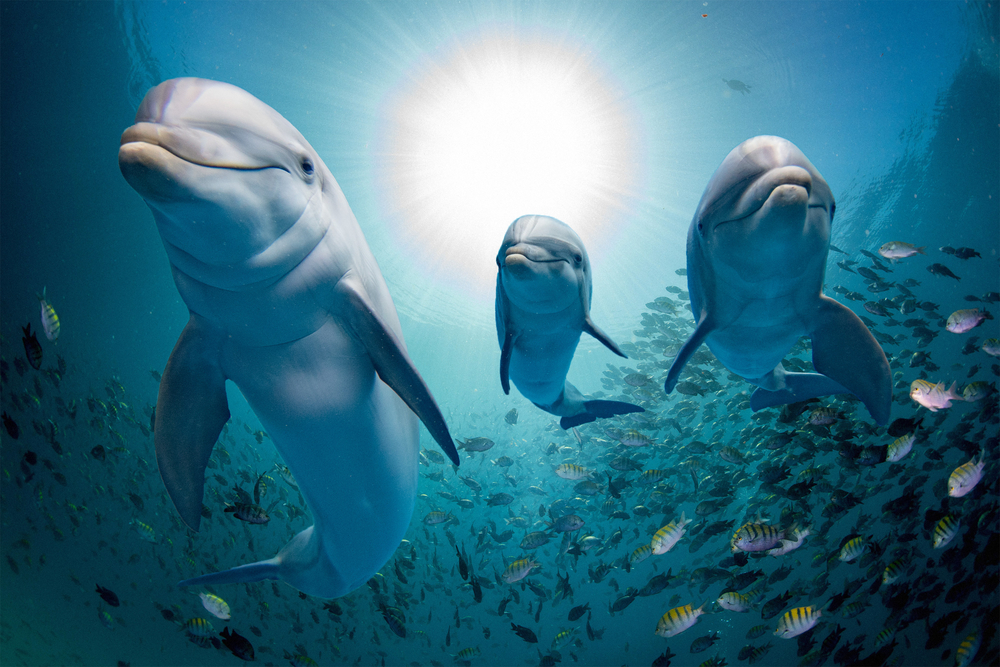
Dolphins are known for their playful nature, but they’re also capable of holding grudges. These marine mammals have complex social structures, and if one dolphin feels wronged, it might remember and react to the offending dolphin later. Dr. Janet Mann, a biologist at Georgetown University, highlights that dolphins have been observed to exhibit behaviors that suggest they remember specific incidents and individuals that have wronged them. These grudges can disrupt group dynamics and lead to social isolation of the offending dolphin. In the ocean, memories are as deep as the water itself.
If you think about how dolphins hold grudges, it’s a little like watching a soap opera unfold underwater. Their emotions guide their interactions, and they can be selective with whom they choose to engage. It adds a layer of complexity to understanding their social bonds and hierarchies. Dolphins don’t just remember; they act on those memories, which can lead to drama in their pods. Next time you think of dolphins, consider the possibility that there’s more going on beneath the surface than meets the eye.
4. Cats
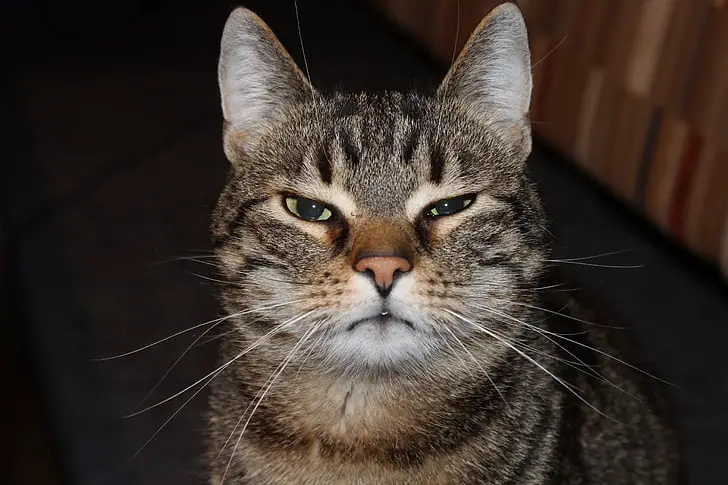
Cats might be adorable, but they have a reputation for being a bit moody, which includes holding grudges. If you’ve ever accidentally stepped on a cat’s tail, you know that it can take a long time for them to forgive. They may ignore you or give you the cold shoulder for a while. These actions demonstrate that cats don’t easily let go of negative experiences. Their independent nature means they often set the terms of their relationships, and if they feel slighted, they won’t hesitate to let you know.
Cats tend to express their grudges in subtle ways. They may refuse to sit in their usual spot with you or skip their typical head bumps. It’s their way of communicating their displeasure, and it doesn’t take much to notice. Over time, if you earn back their trust, they might forgive you. But with cats, patience is key, and respect for their autonomy is non-negotiable.
5. Dogs
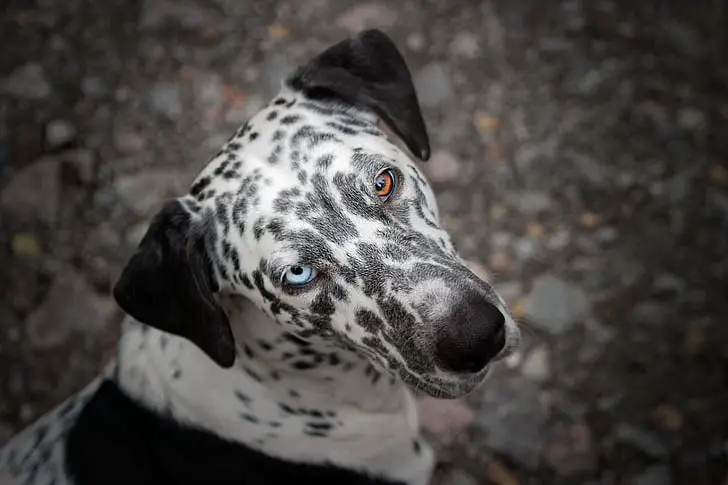
Dogs are often seen as forgiving companions, but they, too, can hold grudges. While they are generally more forgiving than cats, there are cases where dogs remember a negative experience and act accordingly. Alexandra Horowitz, a canine cognition expert and author, emphasizes that dogs are capable of remembering specific people or events linked to negative experiences. This can influence how they react to certain situations or individuals moving forward. Dogs, like humans, are capable of complex emotional responses.
If you’ve wronged a dog, it might show its discontent in subtle ways. Perhaps it won’t come when called or will shy away from the touch it previously enjoyed. Over time, these behaviors can be corrected, but it takes patience and understanding. Building trust again might require consistent positive interactions. Remember, dogs are forgiving, but they aren’t quick to forget when crossed.
6. Apes
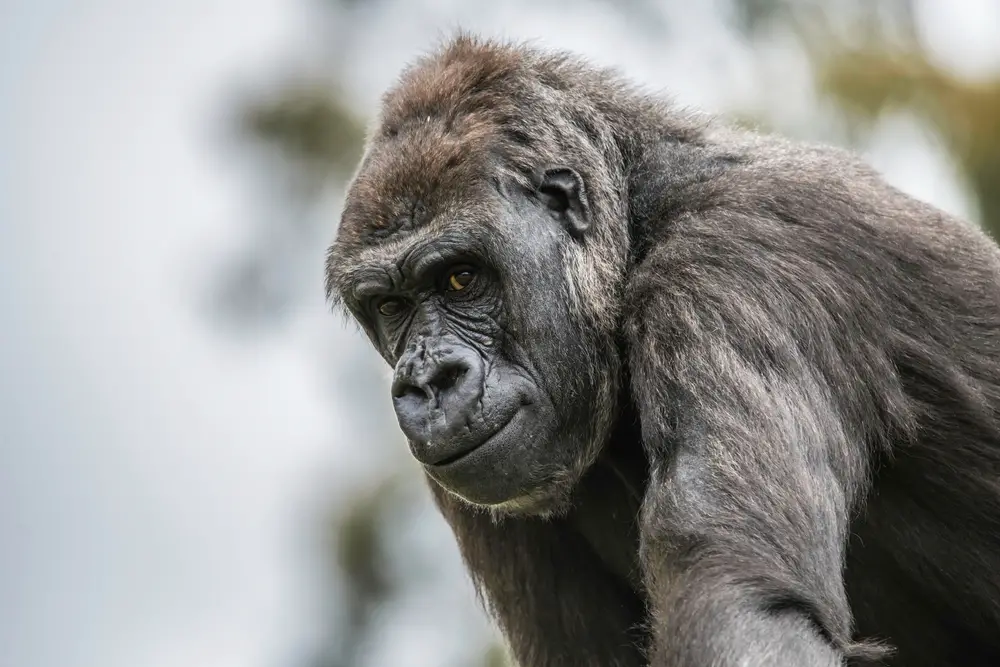
Apes are highly intelligent and deeply social animals, which means they are capable of holding grudges. Their complex social dynamics rely heavily on memory and relationships. If an ape feels slighted or wronged, it can remember and react accordingly in future interactions. This might manifest as avoidance or aggression toward the offending party. Apes prioritize their social bonds and will act to protect their status and relationships within their group.
Within ape communities, grudges can lead to shifts in social hierarchies. An ape holding a grudge might rally allies or avoid certain group activities. These repercussions show just how significant memory and social awareness are in ape behavior. It’s a bit like human office politics, but in the wild. Understanding this aspect of ape behavior gives insight into the complexities of their social lives.
7. Parrots
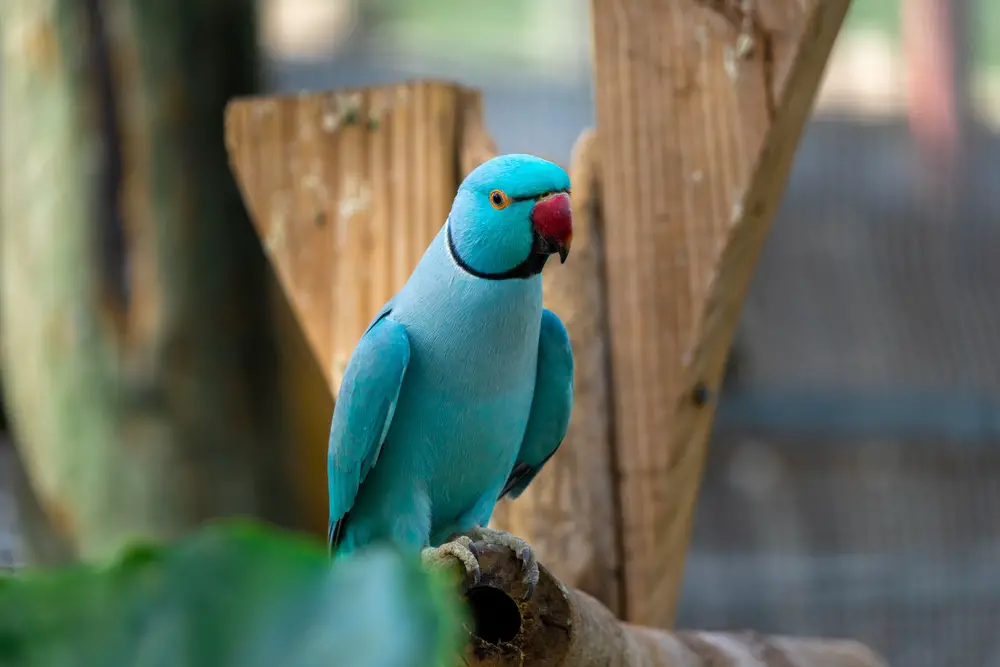
Parrots are not only colorful but also incredibly smart, with the ability to hold grudges. They can remember specific interactions and have been known to react negatively to people or situations they associate with discomfort. A study published in the journal “Animal Cognition” by researcher Irene Pepperberg showed that African grey parrots could remember individuals who treated them poorly and respond with avoidance or aggression. Their capacity for memory and emotional response makes them fascinating yet demanding pets. Parrots’ social intelligence is matched by their ability to express what they feel.
When a parrot holds a grudge against someone, it might scream or refuse to interact with the person in question. They can remember specific incidents for extended periods, which affects their behavior significantly. Parrots are known to be choosy about their companions and will make their preferences clear. Understanding this can help in forming better relationships with these avian companions. If you’re looking to befriend a parrot, remember that first impressions matter.
8. Squirrels
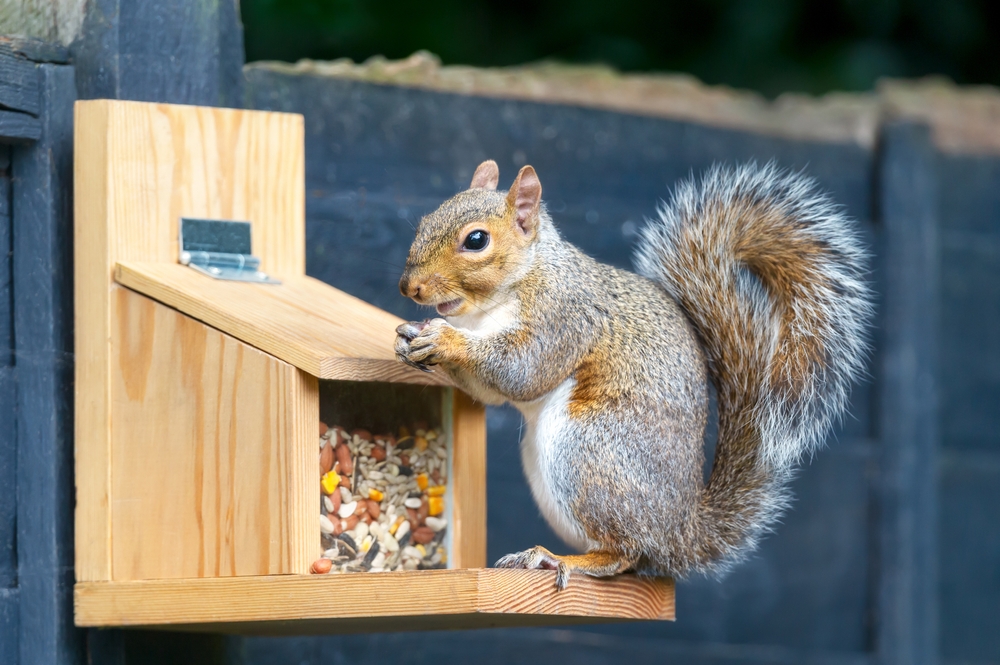
Squirrels might seem like simple creatures, but they have a sharp memory that can hold a grudge. If you’ve ever tried to keep them out of your bird feeder, you might notice they return with a vengeance. They remember where food sources are and will also remember obstacles or threats. This means that if you’ve disrupted their routine, they might see you as an enemy. It’s a little like playing a long game of chess with the ultimate piece of nature.
Their ability to remember isn’t just limited to food locations. Squirrels can recall interactions with humans or other animals that might have posed a threat. If you think they’ve forgotten that time you shooed them off your porch, think again. They are strategic in their approaches and have a knack for problem-solving. Next time you see a squirrel, remember that it has a memory and the determination to match.
9. Primates
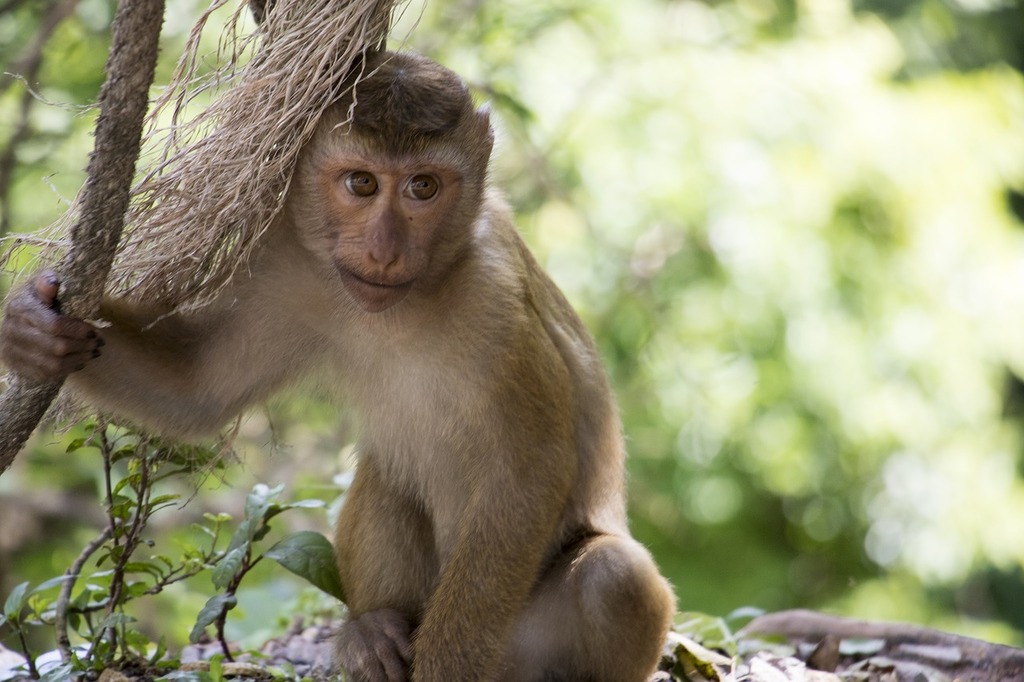
Aside from apes, other primates like monkeys and lemurs have been observed holding grudges. These social animals have intricate group dynamics, and an altercation can lead to long-lasting resentment. If a primate feels wronged by another, it may show its displeasure through avoidance or even mock aggression. This behavior helps to maintain the social order and establish boundaries within their groups. Primates have a keen sense of justice and will act to balance the scales in their favor.
Primates rely on their social bonds to navigate their world. Holding grudges can impact their place within the group, leading to alliances or conflicts. The memory of these animals is remarkable and plays a significant role in their interactions. Understanding how grudges affect their behavior can offer insights into their social structures. In the wild, as in life, relationships are complicated.
10. Jays
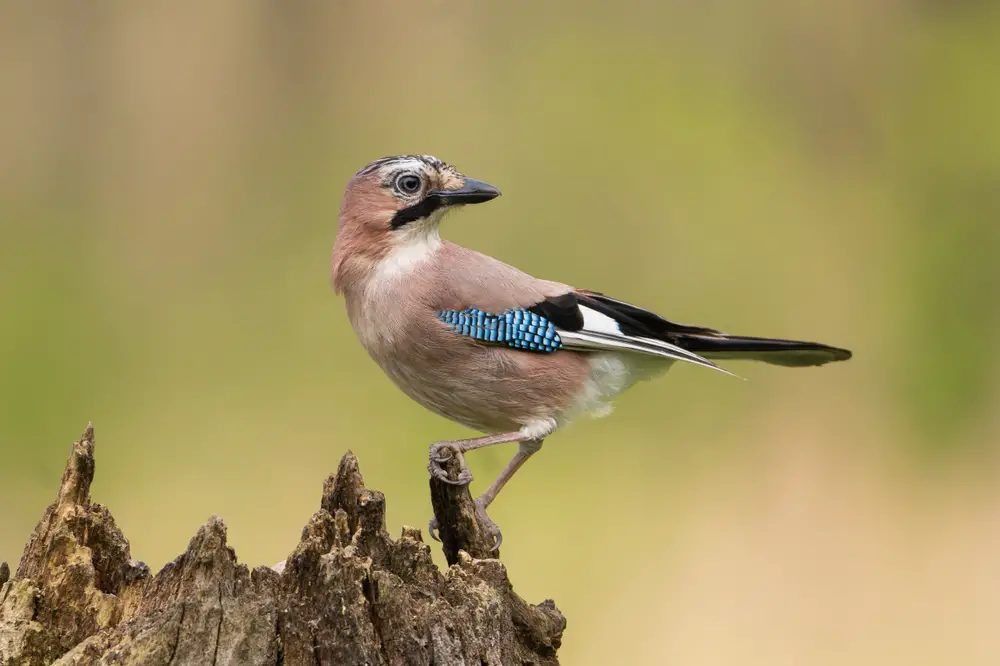
Jays, a type of bird related to crows, are also known to hold grudges. These birds have incredible memories and are capable of remembering human faces and specific interactions. If a jay feels threatened or mistreated, it can hold onto that memory and act defensively. This can include vocalizing alarms or avoiding the person who caused the distress. Jays are watchful and calculated, showing that even smaller animals have a significant capacity for memory.
When a jay holds a grudge, it often acts as a warning system for its flock. It will alert others to potential threats and might avoid areas where it has experienced negative interactions. This memory helps jays survive and thrive in their environments. Their ability to remember plays a crucial role in both their survival and social interactions. With jays, it’s always wise to be on your best behavior, as they don’t forget easily.
11. Kangaroos
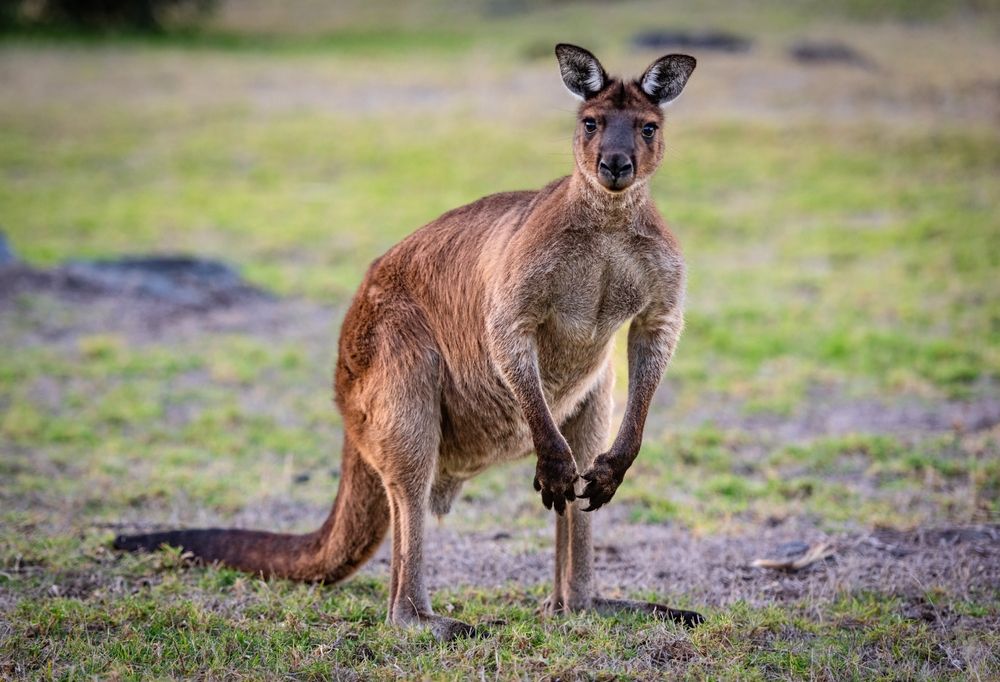
Kangaroos might not be the first animals you think of when it comes to holding grudges, but they can certainly remember and react to negative experiences. These marsupials have been known to avoid areas or situations that previously caused them distress. If a kangaroo has had a bad run-in with a human or another animal, it might alter its behavior to prevent future encounters. Their strong survival instincts are supported by their capacity to remember past threats. In the wild, memory serves as an important tool for navigating their environment.
Kangaroos are social animals, and their interactions can influence their group behavior. If one member of a mob holds a grudge, it may lead others to follow suit, avoiding certain areas or creatures. This group dynamic reinforces their survival strategies and showcases their intelligence. While they might not actively seek revenge, their behavior changes based on past experiences. Understanding this aspect of kangaroo behavior can give us deeper insights into their social lives.
12. Horses
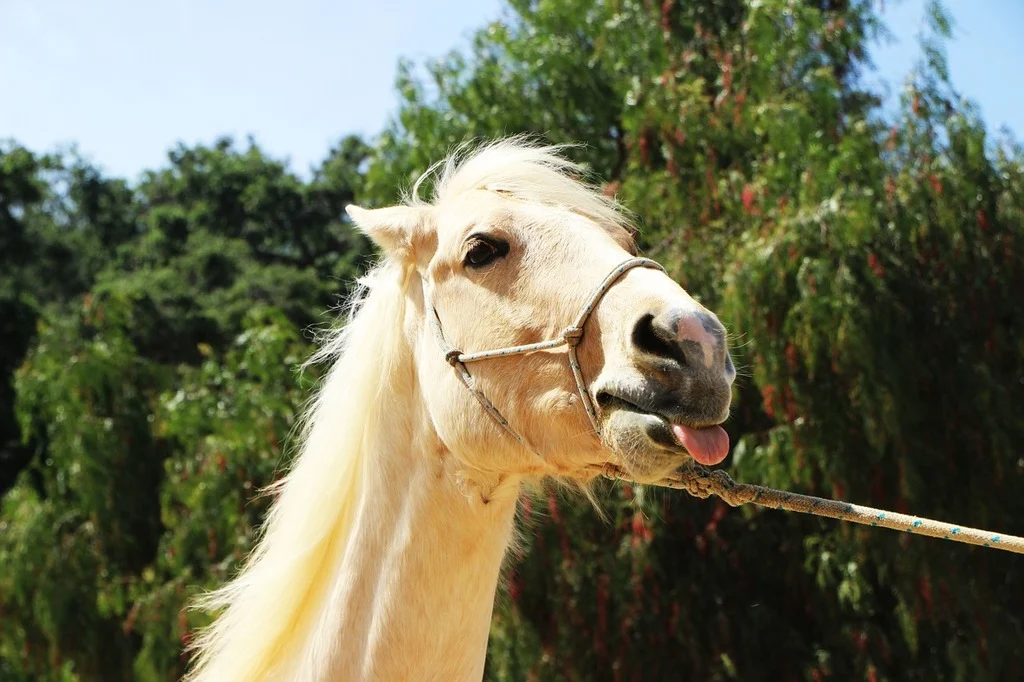
Horses are gentle giants with complex social structures, and they can hold grudges, too. They remember individual humans and other animals who have treated them poorly. If a horse feels mistreated, it might avoid or react negatively to the person involved. This memory serves them well in navigating their interactions and maintaining social harmony. Horses’ capacity for memory is matched by their ability to communicate their feelings through body language.
When a horse holds a grudge, it might refuse to cooperate with someone it distrusts. This behavior can manifest as reluctance to be caught, shying away, or even displaying mild aggression. Building trust with a horse can take time, but it’s essential for a positive relationship. By understanding their ability to remember, we can approach horses with the respect and kindness they deserve. Building a bond with a horse is as much about remembering their needs as it is about them remembering ours.
13. Bees
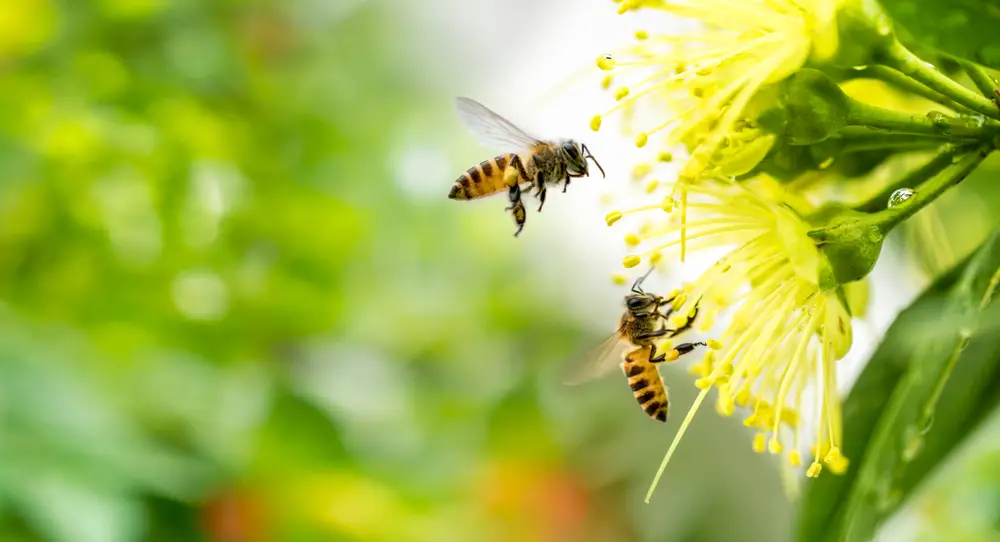
Surprisingly, bees can also hold grudges. These industrious insects are known for their hive mentality, but individually, they can remember the scent of a person who has disturbed them. This memory can lead to aggressive behavior if they encounter the same scent again. It’s like having a personal blacklist, and once someone’s on it, they’re likely to be met with hostility. Bees use this memory as a defense mechanism to protect their hives from perceived threats.
A grudge-holding bee might become more aggressive in its defense of the hive, especially if it recognizes a familiar intruder. This behavior helps ensure the safety of the colony, as bees rely on each other for survival. Understanding this aspect of bee behavior highlights their intelligence and the importance of not disturbing their environment. When dealing with bees, it’s crucial to be cautious and respectful to avoid ending up on their bad side. Their social system is a testament to the importance of memory in the animal kingdom.
